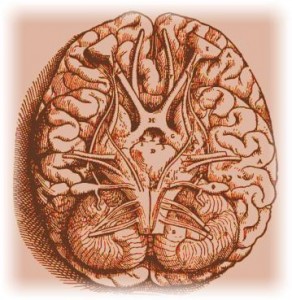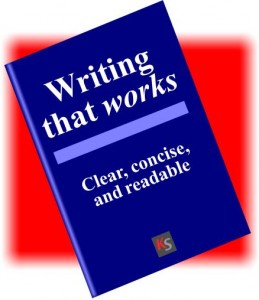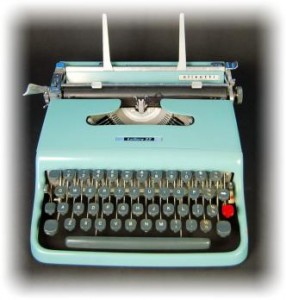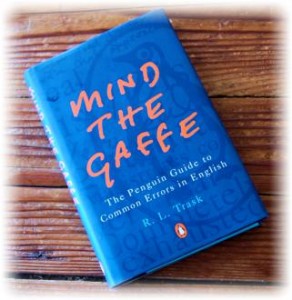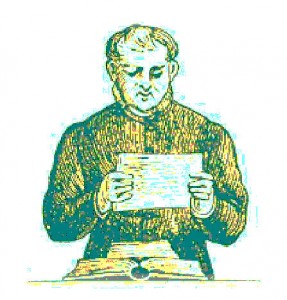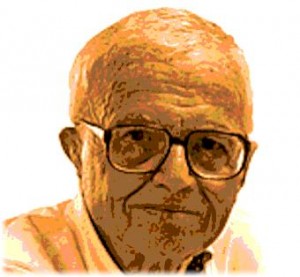 In Chapter One of William Zinsser’s classic guide to writing nonfiction, On Writing Well, he tells the story of sitting on a panel of two, answering the questions of a group of students and teachers eager to hear about the glamourous world of writing.
In Chapter One of William Zinsser’s classic guide to writing nonfiction, On Writing Well, he tells the story of sitting on a panel of two, answering the questions of a group of students and teachers eager to hear about the glamourous world of writing.
His fellow panellist was a surgeon who had started writing – with some success – in his spare time. For each of the questions, Dr Brock, the surgeon-cum-writer, had a sunny answer. Writing was easy. Writing was fun. The words just flowed. There was seldom any need for revision. And if, for some reason, the words didn’t flow, then just go for a walk, go fishing, whatever. Tomorrow would be another day.
In answer to the same questions, Mr Zinsser said that writing was not easy. And it was not fun. It was hard work. He also said that rewriting was the essence of writing; that writing was a craft not an art; and ‘the man who runs away from his craft because he lacks inspiration is fooling himself.’
The point of the anecdote was to illustrate that there is no single ‘right’ way to write. Over time, each good writer discovers what works for him or her.
He concludes the chapter by saying:
Good writing has an aliveness that keeps the reader reading from one paragraph to the next, and it’s not a question of gimmicks to ‘personalize’ the author. It’s a question of using the English language in a way that will achieve the greatest clarity and strength.
Can such principles be taught? Maybe not. But most of them can be learned.
I discovered On Writing Well in about 1982. Since then, I must have read it – from cover to cover – at least twenty times. It’s always a rewarding experience.
William Zinsser died last week at the age of 92.
Farewell, Mr Zinsser.

